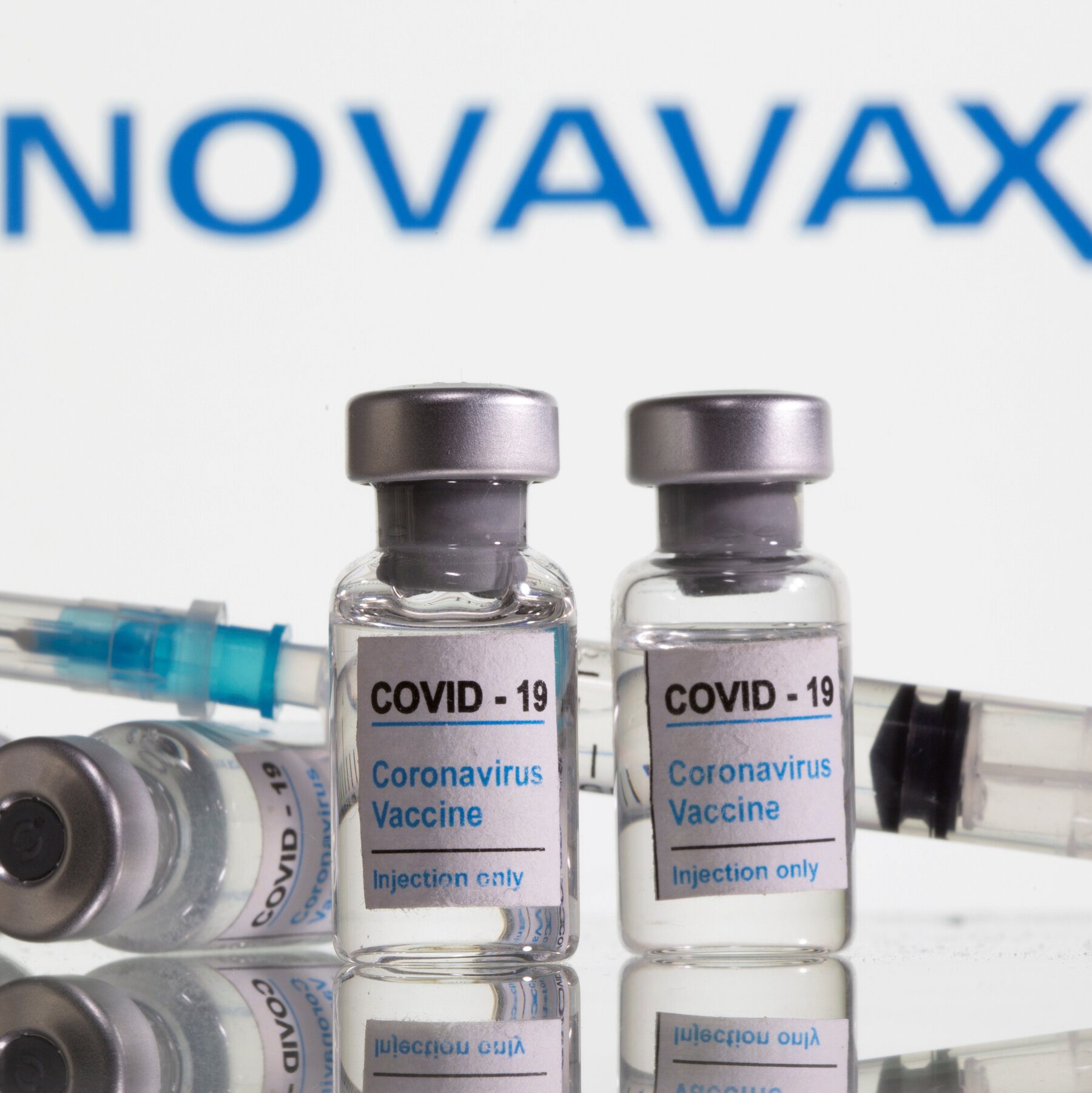Vaccine hesitancy is not a conscious choice. It is a subconscious decision made irrationally, and that is why it is so hard to change.
The latest entrant to the field of COVID vaccines, Novavax, aims to address vaccine hesitancy by developing a more traditional vaccine – protein-based, as opposed to mRNA based. But the new entrant does not even understand what vaccine hesitancy means.
“I think the menu for COVID vaccine should be as large as we can make it because there are important problems we still have to solve,” says Amesh Adalja, MD, senior scholar at the Johns Hopkins University Center for Health Security.
Dr. Adalja’s observation is quite astute, and highlights the importance of ongoing vaccine development from an epidemiological standpoint. COVID continues to mutate, and just because we stopped glorifying each new variant with Greek nomenclature, it does not mean the emerging variants are any less harmful. We need as many vaccines and vaccine development pathways to ensure we can combat future variants that may prove more virulent than the others.
But that remains beside the point. The CDC and FDA do not approve vaccines for emergency use authorization, only for it to be used in clinical studies. They do so to make vaccines available to the public. And the main reason we would need another vaccine, despite an overabundance of existing vaccines, is to address the reluctance of the vaccine hesitant.
Which is a growing concern of late. Despite efforts to increase awareness on the benefits of vaccines and the continuing dangers of the new variants, the public remains adamant in resisting vaccinations. As of May 2022, the United States has wasted 82.1 million COVID vaccines doses, just over 11 percent of all vaccines distributed, according to the CDC.
And roughly 25 percent, one in every four Americans, remain unvaccinated, meaning they have not received even one dose, with the regional demographics on vaccination rates cutting along the typical partisan lines we have come to expect in the pandemic.
Vaccine hesitancy is not about the science or even about COVID. It is a referendum on personal values and generalized beliefs on all things social and political. It has been appropriated into the never ending culture war.
This is what the makers of Novavax and federal policymakers cannot grasp. A new COVID vaccine, even one made through more traditional means will not quell the hesitancy.
Sure, overtly people may say they do not trust the mRNA technology. But when pressed on whether they would take a more traditionally formulated vaccine, though they say yes, their actions suggest otherwise.
This is the contradictory nature of healthcare. What we say does not reflect what we do, and why we do what we do has nothing to do with what we say. The vaccine hesitant wax poetic about why they choose not to get vaccinated, but their implicit motivations, the actual factors underlying their decisions and behaviors, have nothing to do with vaccines, COVID, or healthcare writ large. Their decisions are a referendum on their cultural identity.
If we are serious about addressing vaccine hesitancy, then we should forgo the development of new vaccines and invest in public outreach at a grassroots level. All trust is local, and most develop their opinions on vaccines from what they hear in their communities instead of from what a centralized government agency announces.
This is the genesis of vaccine hesitancy, a fundamental distrust in centralized authority in favor of a cultural viewpoint, which is then reinforced by local community leaders who turn healthcare into politics. If we work with these leaders to raise awareness on the importance of vaccines, showcase the benefits of herd immunity derived through mass vaccinations, then perhaps we can make meaningful in-roads in addressing vaccine hesitancy.
Right now, all we are doing is deluding ourselves into thinking another vaccine will convert the vaccine hesitant into true believers of herd immunity, as though the public actually monitors vaccine formulary content and adverse event rates before deciding to get vaccination.
To think the public can be swayed in such a way is downright irrational, which is quite fitting, because vaccine hesitancy is irrational to begin with. So it seems the entire debate on vaccine hesitancy is nothing more than an exchange of irrational beliefs.
Sadly, this is on point for the pandemic.
















Saying Covid-19 vaccine hesitancy is irrational is insulting and false. Individual decisions regarding receiving one of these vaccines is based on a rational and thoughtful risk vs benefit of receiving a vaccine not yet fully proven safe and effective as per EUA status. Young healthy people have an exceedingly low risk of hospitalization and/or death from COVID-19 and with unproven safety of the vaccine and known risks can make a rational decision not to be vaccinated. People with natural immunity also are in a similar situation. As far as another vaccine why don’t we have Covaxin here in the USA as it’s a conventional type vaccine which makes it possibly a safer choice versus one with a novel mechanism of action.